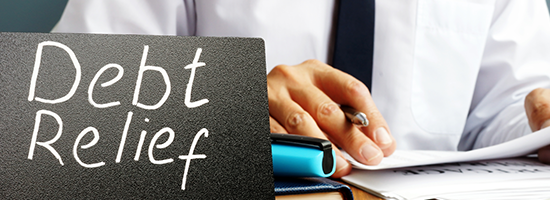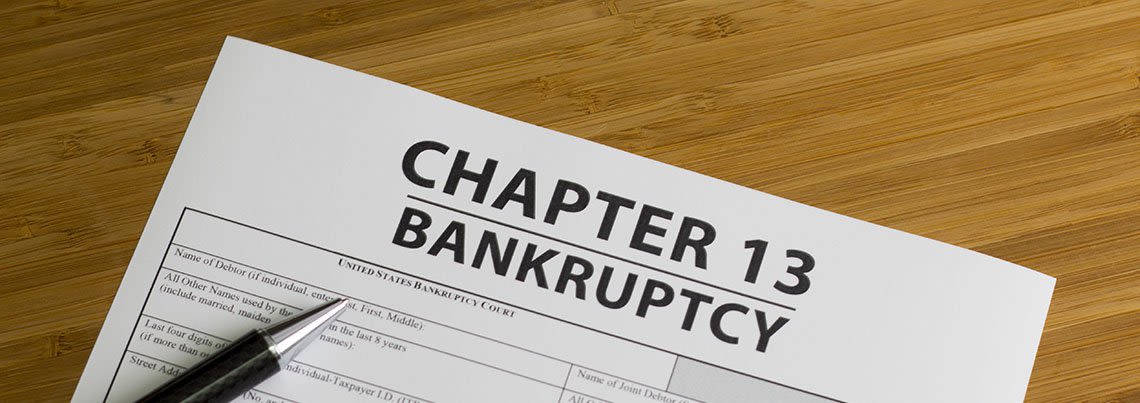Life can throw you a number of different financial curveballs that can prevent you from paying bills or meeting other various financial obligations. When experiencing financial challenges, there are a number of options available to achieve debt relief, including debt consolidation, debt settlement, and filing for bankruptcy.
BLOG
Garcia & Gonzales, P.C. Video Business Card
I'm Carla Garcia and I'm a consumer bankruptcy attorney with the law firm of Garcia Gonzales my name is Richard Gonzales I'm a lawyer with the law firm of Garcia and Gonzales
How to Delay or<br/> Stop Foreclosure
During the latter half of 2020, foreclosures were protected by federal pandemic mandates and laws that helped account for the downslide. As those measures expire, foreclosures may well return to higher levels. Once you fall behind on your mortgage payments, your bank or any other lienholder may initiate foreclosure proceedings to force you to catch up on your payments. Luckily, you do have options to retain your home.
Understanding the Difference Between Chapter 7 & Chapter 13
Individuals and families usually have two options when it comes to bankruptcy. Choosing which one to use depends largely on the amount and type of your debt and the level of your income. Learn more about which option is best for your situation!
Does Bankruptcy Stop Creditor Calls?
No one enjoys getting calls from creditors about delinquent accounts under any circumstances. To make matters worse, some debt collectors use practices that cause additional stress, such as calling during dinner, before 8 a.m., after 9 p.m., calling you at work, and even using obscene or threatening language.
What to Know About Preparing for Bankruptcy
Filing for bankruptcy is never an easy decision, but it may be the best way for you to put your finances back on track. As with any other major decision, bankruptcy requires careful thought, planning, and preparation.
Life After Bankruptcy
People who file for Chapter 7 or Chapter 13 bankruptcy are seeking a fresh financial start for themselves and their families. Most do not make the decision to file easily. Even when debt is managed and cleared, bankruptcy leaves behind a poor credit score for years. By following some careful strategies, you can repair your credit score over time.
Rebuilding Your Credit After Bankruptcy
In 2019, personal filings in Colorado under Chapters 13 and 7 of the bankruptcy code reached 10,975, according to the U.S. Bankruptcy Court, Division of Colorado. Though final statistics are not yet in, 2020 appears to be trending similarly, but with the unemployment and business interruption effects of COVID-19, who knows where the stats will end up?
Receiving a 1099-C After Bankruptcy
No matter what life circumstances led you to the decision to file for bankruptcy, Garcia & Gonzales, P.C. understands it was a difficult choice. Practicing since 1977, our lawyers have successfully handled thousands of bankruptcy cases and expertly guided our clients through the process of recovery in the wake of financial challenges.
How to Pay Down Debt: 6 Tips (Pt. 1)
The average U.S. household is carrying more than $203,000 in debt, when factoring in credit card debt, mortgage debt and student loan debts.








